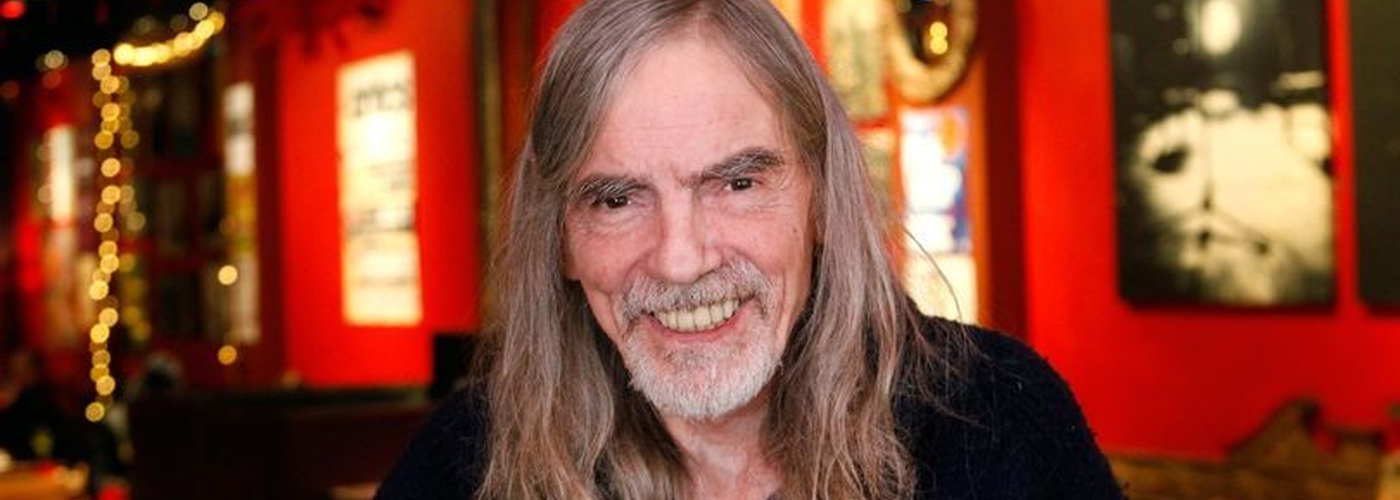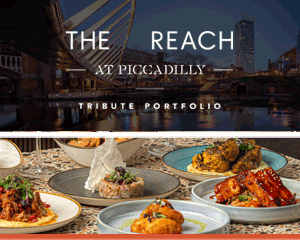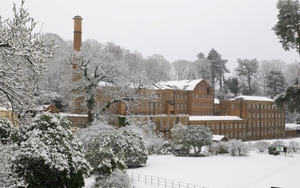Danny Moran on the Night & Day proprietor whose funeral takes place today.
The Northern Quarter was born in the Night & Day…no property developer in the world can buy class like that.
Of all the bars, hot spots and hangouts in the Northern Quarter the Night & Day occupies a unique place. When it opened in 1991, the Oldham Street café bar was among the first of its kind, quickly establishing itself as a haven for musicians, artists and dreamers to meet up, have fun, dream, make plans, rehearse, spin discs, play gigs, write poetry, mount ad hoc exhibitions on the walls and in doing so pioneer a café bar culture in a place where previously there had been none.
A contribution to the city which has been quietly and yet singularly remarkable
Alumni such as indie scruffs I Am Kloot, stadium crooners Elbow, cult novelist Gwendoline Riley and graphic artist Stan Chow attest to the impact on the imagination of one man’s singular vision. As Chow once remarked of the 1990s: “People always go on about Dry Bar, but all the star-spotters were over in Dry Bar. All the creative people were next door in the Night & Day.”
The death of proprietor Jan Oldenburg, whose funeral takes place today (Thurs 1 Nov), marks a significant passing in the affairs of the Northern Quarter then, though its consequence extends far beyond his legacy as a facilitator for artistic endeavour.
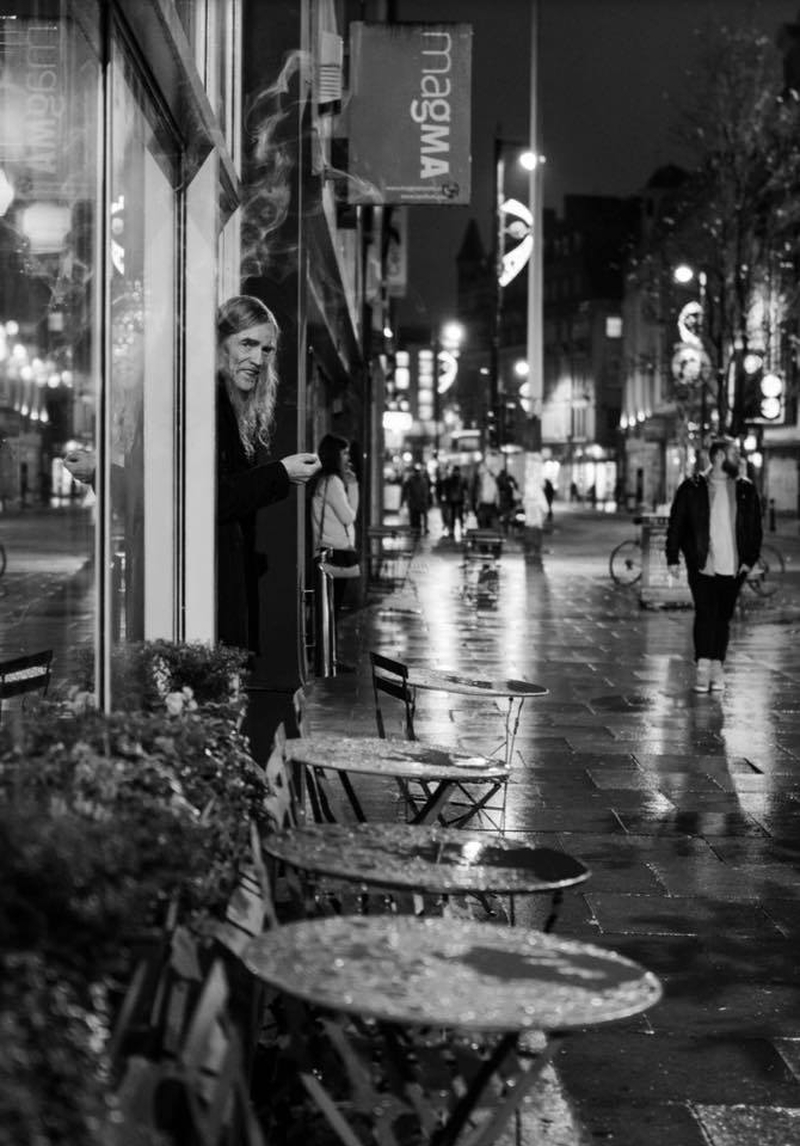
As the personality who defined the Night & Day, one of those places where inside it’s forever twilight, as though just to walk through the door is to knock back a shot of something perfectly reasonable for that particular hour, given the madness you’re ducking in from whenever you do, he stood steadfast against the corporatization of Manchester’s soul like few others.
Undoubtedly, he was a very fine businessman, but in the way that his contradictory, charismatic persona fed through to the extended family there, he communicated a powerful affirmation of the individual against the world.
Jan was born in The Hague two years after the war ended and grew up in the Laak district of the town, near the old inland harbor. His father worked for the water board; his mother, a cloth-cutter in a textile factory, doted on him after she separated from her husband. It was a strict household where TV was forbidden. Instead, Jan liked to draw, cycle, go to folk dances, and when it was cold enough for the canals to freeze over, ice skate.
His parents’ separation hit him hard though, and when he was sixteen he ran away to London for a spell, before brother Han came and fetched him back home. He later went to art school in his home town before falling in love with an English girl, Caroline, and moving to Reddish to start a family in 1966.
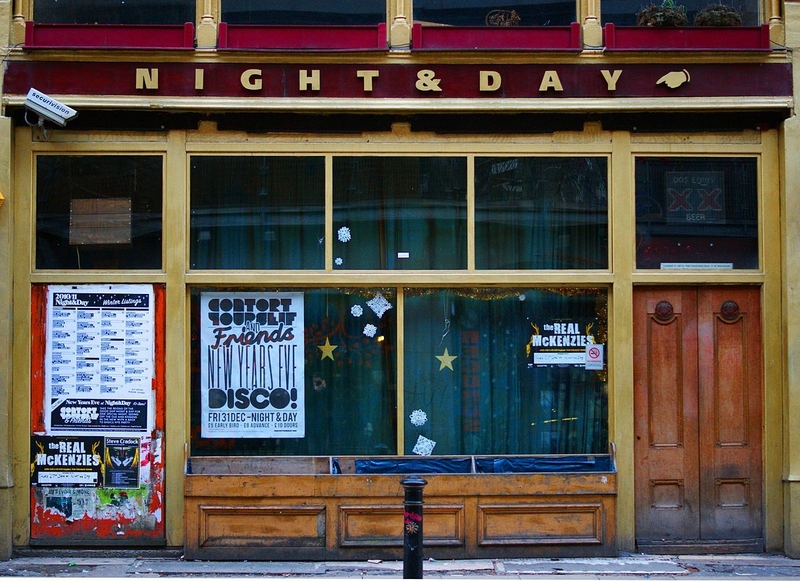
With a wife and young son to support there followed a succession of jobs reflecting variously his practicality, entrepreneurship and artistry. He spray-painted at Fairey Engineering for a while, until some lads under his charge were caught smoking and they let him go; wove braid for British Trimmings on a machine which never seemed quite properly to work; endured the flirtations of schoolgirls as a conductor on the 209 bus service; then sold jeans at local markets before starting his own label he called Vesuvius. It led to a decades-long friendship with Crazy Face proprietor and one-time manager of The Smiths, Joe Moss.
After the marriage ended he ran a deli along the Curry Mile with partner Fiona, before investing in an Oldham Street chippy, which he eventually bought out and converted into the coffeehouse minus the hash we know as the Night & Day.
It became his abiding passion. He converted a flat above the premises, from where he could keep closest tabs on his ongoing obsession. No detail was ever too small. He would prevaricate for weeks over some light bulb he needed until he’d worked out exactly the effect he was looking for. As a man notoriously tight with his money he held out for an eternity over the coffee machine before going out and buying the best there was on offer.
If that sounds unremarkable for a small businessman then weigh up the longevity and the cultural pedigree and think again about what you’re looking at when you enter the building: there is nothing in that space which suggests ‘marketing’, ‘design’, ‘artifice’, ‘gimmick’ or ‘pretence’. From the plastic chairs to the ceiling roses the whole environment is as organic as the happiest home - what a labour of love looks like - and it’s no accident at all that as a welcoming, democratic space it’s been a base for some of the highest of achievers.
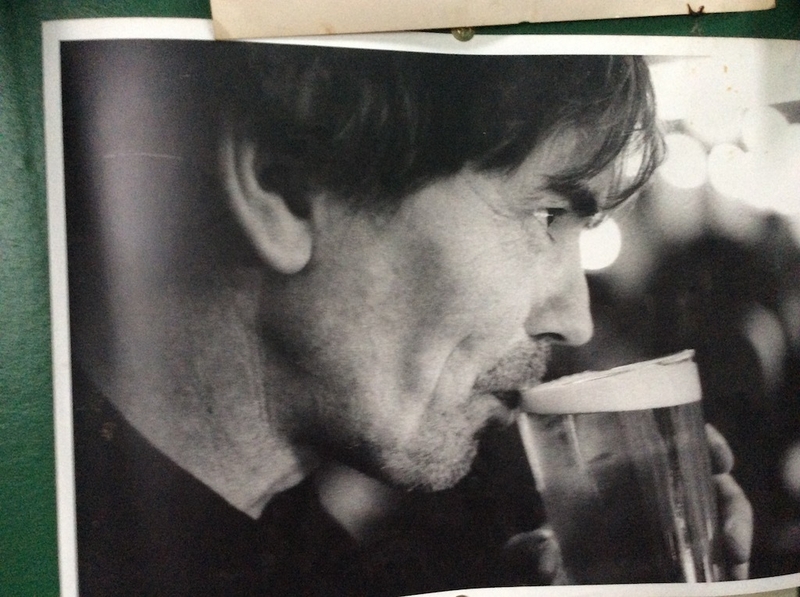
The central ingredient, though, was Jan himself. His contrariness, contradictions, and counterintuitivity were the stuff of legend, a compelling centre of gravity to that large and very loyal extended family. If you told him a thing you could be sure that he would see it from a completely different direction, and would likely mock you, ever so softly-cruelly in his husky Flemish brogue, for your babe-like innocence.
Irascible and darkly logical, he seemed like a man permanently aware that the world has gone stark staring mad, that forces are conspiring, and yet somehow from the safety of the harbour he’d constructed he could scoff ruefully at the galloping insanity without ever succumbing to bitterness or resentment. If he needed it, of course, he could always employ a man to write disputatious letters to United Utilities on his behalf.
“People I’ve always enjoyed being around have three things going for them,” says the venue’s long-term gig-booker, Jay Taylor. “They think in strange ways, tend to be smarter than me and they’re enthusiasts. He was so much all three, plus he was super bright. He would always surprise you with ideas.”
In fact, for a man who spent much of his existence in a demi-monde, he seemed to know very well how to live. Never too far from his perspective were the true consolations life has to offer. Friendship and what is required to make the most of it. Solace in the landscape and the great outdoors – there was a farmhouse in Mytholmroyd which he tried his hand at renovating; then later his sailboat, Jenny, and time spent at a small house he acquired at Askvoll on the Norwegian fjords. Laughter…though it came at a premium. He endured the pain of losing two sons, Dmitri and Timothy, in tragic circumstances.
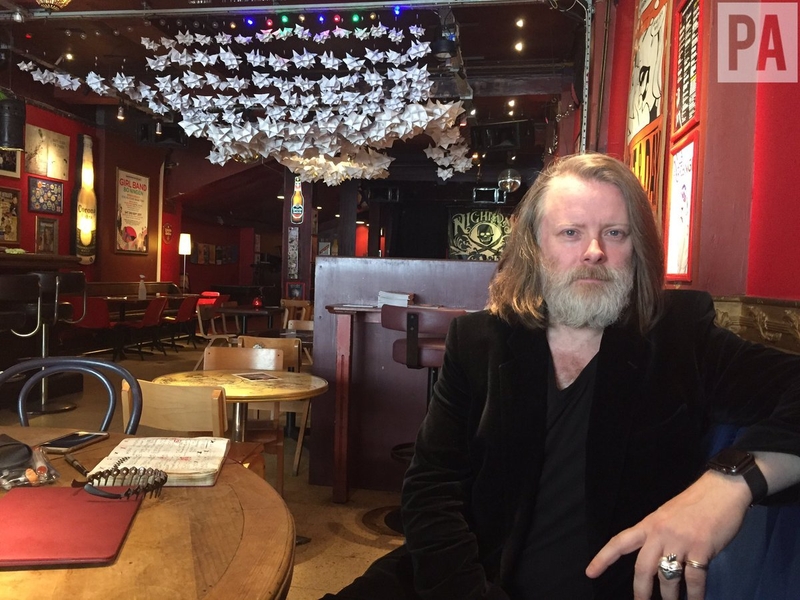
Memorialised as Mr Henrik (his middle name) in Riley’s novel Cold Water he woke up the neighbourhood to an extent which has been wildly under-recognised. It takes only a small leap of Jan-like thinking to understand that the Night & Day has for twenty-seven years been a café bar as work of art – not for the purpose of being photographed and explained by some high-end, glossy magazine – but for the customers it serves and the way of life to be accessed within. We haven’t even begun to recall the memorable nights lit up from the stage.
Make no mistake, the Northern Quarter was born in the Night and Day. Afflecks had been there for years and Dry Bar was a law unto itself. It was at No. 26 Oldham Street that all those creative forces gathered. No property developer in the world can buy class like that. It’s falls now to daughter Jennifer to take forward the tradition.
He leaves behind partner Nette, Fiona, ex-wife Caroline, Jennifer, son Luke, plus many staff past and present and legions more who knew and loved him. Sons Dmitri and Timothy predeceased him. At Confidential we’d like to add our condolences and respects in recognition of a life so well lived and a contribution to the city which has been quietly and yet singularly remarkable.
Jan Henrik Oldenburg, proprietor, Night & Day café, born 8 October 1947; died 14 October 2018.





